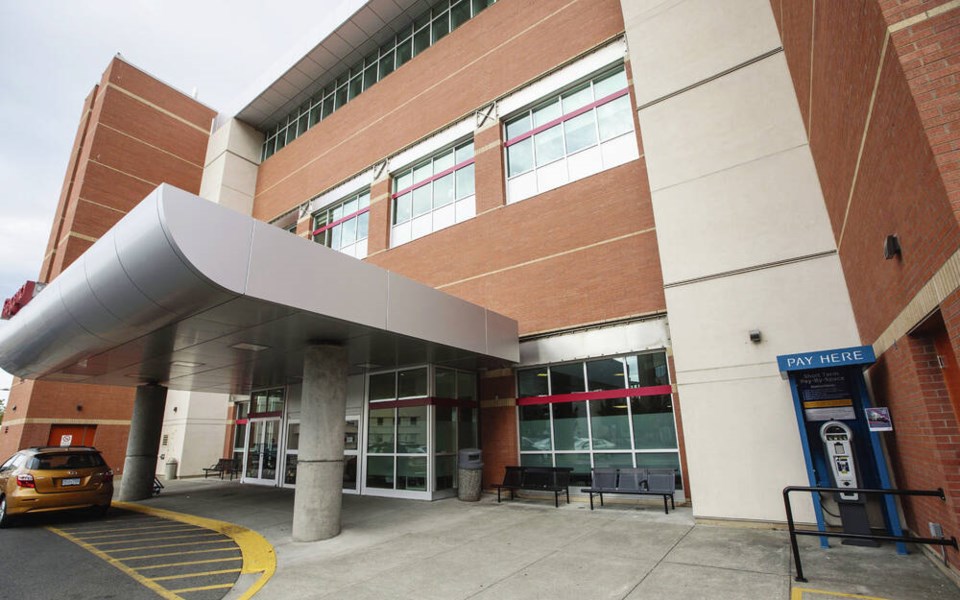The question has been raised, if hospital intensive care units on the Island become swamped with COVID-19 patients (as they already are in Northern B.C. and Alberta) should access be denied to patients who have refused vaccination?
Put another way, shouldn’t priority be given to patients who have complied with vaccination protocols?
Hopefully, it doesn’t come to that, though who knows where COVID-19 may be headed when winter arrives. But if we do find ourselves overstretched, how should we respond?
The immediate answer you get from the medical community is that no, you cannot refuse ICU admission to an anti-vaxxer, purely on that basis. If a choice is required, it must be made in compliance with existing triage protocols.
These dictate that, when faced with such a dilemma, the patients given preferential care must be those most likely to survive.
Now if two patients have equal chances of being cured, and one is 80 with no dependents, while the other is 40 with a family to provide for, you would treat the latter.
But in general, medical practice dictates that where a choice must be made, the only relevant question is which patient has a better likelihood of surviving.
In this view, if the province issued instructions giving preference to vaccinated patients, the College of Physicians and Surgeons, along with most doctors, would be entitled to view the policy as medically unethical and refuse to comply.
Yet I’m not sure it’s that simple. There are, in fact, instances where standard triage protocols are set aside.
Heavy drinkers in Canada are sometimes placed behind non-drinkers in the queue when it comes to treatment for liver disease. Yet this decision is based as much on patient choice and lifestyle, as medical necessity.
In Britain, obese individuals or those who smoke may be refused surgery until they shed weight or give up cigarettes. This is not triage as we know it.
My sense is, if our ICUs do become flooded, the decision how to proceed will be far from easy.
Medically speaking, the answer is clear. Those with the best chance of surviving get first priority.
But from a political perspective, it’s not that simple. It will be extremely difficult for governments that have made vaccination a social obligation to resist giving preference to patients who have followed their bidding.
If anti-vaxxers with COVID-19 are given ICU beds at the cost of patients who have been vaccinated, and some of the latter die, as some may, the stakes grow even higher.
People who have consented to everything that has been asked of them will feel that their compliance should be rewarded.
Here is the kind of moral train wreck we may face. A Saskatchewan woman who had waited years for a kidney transplant had her surgery cancelled a week before it was due.
The reason? The hospital was overwhelmed with COVID-19 patients, many of whom, likely, were unvaccinated. I’m guessing a majority of Canadians would feel there was a form of injustice here.
The problem is that triage protocols were not developed to deal with situations like these. They were meant to give guidance purely on the basis of medical need.
But when people by the thousands are refusing life-saving vaccination, then flooding ICUs, a different ethical imperative arises that triage never contemplated.
It is this entirely new dilemma that our politicians, and our health-care system, must resolve.



